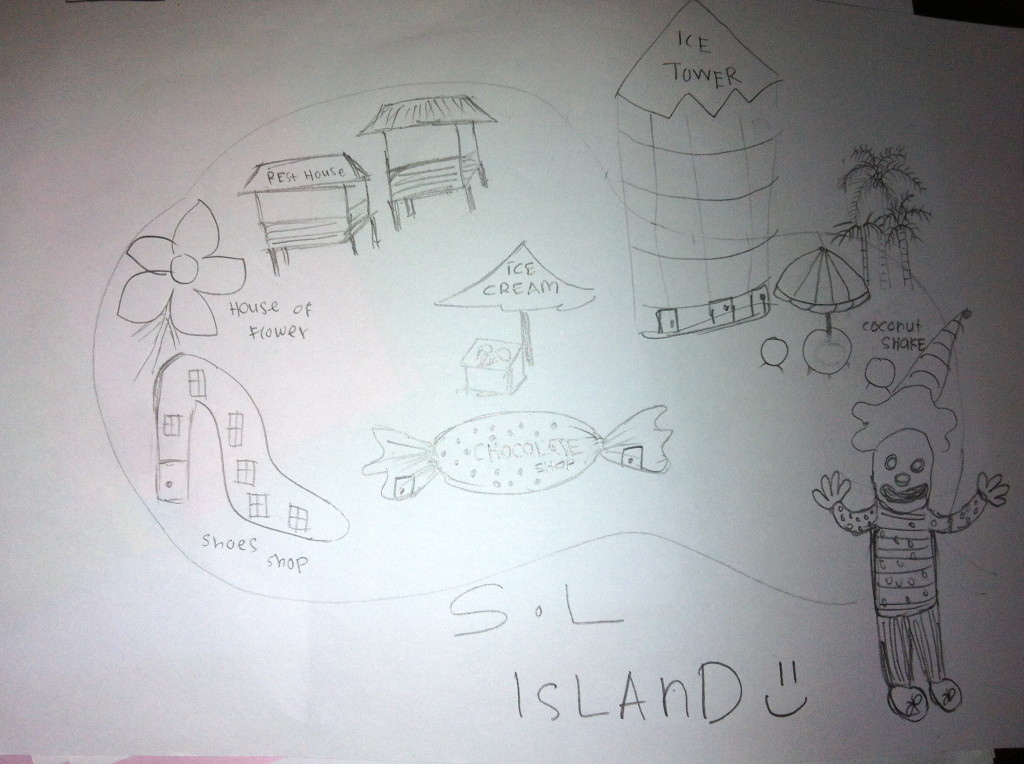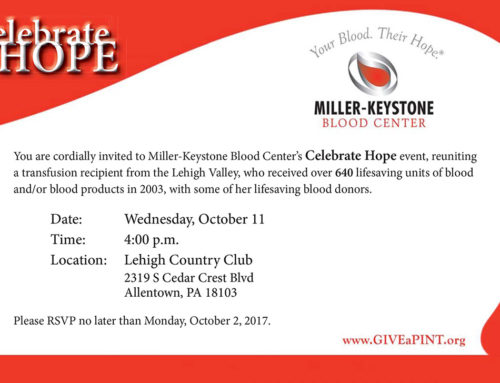I scoop up some peanut sauce and chicken, my technique of using both a fork and spoon to tear apart the meat improving every day, and stare at the computer. What to do, I thought, what to do? I could plan for tomorrow, though the success of my most recent lessons this week tempts me to risk recycling. I could continue planning for my first trip to Laos and Cambodia; now that I have the tickets, I need to figure out what I would like to do there. There is the possibility of figuring out what I want to do for the weekend, but as I have witnessed before, sometimes the best days go unplanned. I slurp up bok choy in contemplation.
The desire to relish in the success of my week pulls me towards self-congratulation. This week I had most of my classes draw their perfect island- replete with shopping malls and football stadiums- letting their creativity breath. It’s part one of a lesson in persuasiveness: next week I will have them convince their fellow classmates that their island is the best island, and if they do it well, they’ll receive enough votes to win. Watching my students fully engaged in drawing chocolate rivers or haunted houses and labeling them as such made me proud that they were using English with limited difficulty.
But it also made me wonder about the different methods we use to teach language. Scraping the crevices of my brain for memories of my middle/high school years, I remembered receiving lists of French vocabulary and creating my own flash cards so I could practice. I know that rote memorization is the name of the learning game in Malaysia. But what makes us truly understand how a language works, that helps us master the tricky grammar and easily chose the best verb out of ten possible ways?
The answer comes to me before I even finished typing that sentence: full immersion. The complete abandonment of the mother tongue and exclusive use of that second (or third, or fourth) language. It awakens the survivalist in all of us: we begin with helpless motions pointing to the nasi ayam at a cook’s stall, to grasping words and stringing them together into a broken necklace of comprehension, until we can finally (read: confidently) order our meal. You have to get at least the basics down in order to function in society. Being able to talk philosophy is just an added perk.
If you think about it, learning a language is much like playing tennis. Ninety percent of the game is mental, requiring the memorization of strategies and knowing when to implement them. Not to mention preventing yourself from getting discouraged when a play doesn’t go as you intended. That other ten percent is execution and understanding your opponent and her moves. As you grow as a player, the strategies become intuitive, your motions fluid, and the focus shifts to perfecting your style. The game remains mental, but you enter each match with a stronger skill set and better chances of winning. So it is with learning a language; first you master the structural aspects (i.e. grammar), and then you build upon them with vocabulary, all the while overcoming the fear of making a mistake and boldly speaking your mind. There will always be days, even at your best, when miscommunication happens, just as there are days when Nadal or Djokovic falter in a match, but each conversation, just like each match, is a different animal every time.
I have since finished my meal, but now I’m wondering how I can bring this idea of full immersion to my students. Ideally, I would send them all to English-speaking countries, but unfortunately more than one barrier stops me from doing so. The next best thing would be to provide engaging in-class work and interact with them outside of class as much as I can. At least in those two efforts, I can say that I’m doing my job.
My name is Erin D’Amelio and I’m going to Malaysia for ten months as a Fulbright English Teaching Assistant. Over the next 10 months I will be submitting regular journal entries of this incredible adventure, documenting my thoughts and experiences. The views and beliefs I will present in these articles are my own; they do not reflect those of the Fulbright Program or the U.S. Department of State. Below are the articles, in order of publication. Just click on any link and continue the journey with me.
An Unforgettable Journey
How Does One Get a Fulbright, Exactly?
And Then We Wait
Expectations
Sensory Overload
(Almost) Hitting the Ground Running
Barriers
Role-Play
Mercurial Days
Language and Tennis



Language and Tennis…what a combination. @LehighHappening http://t.co/RjNZdvqlvM